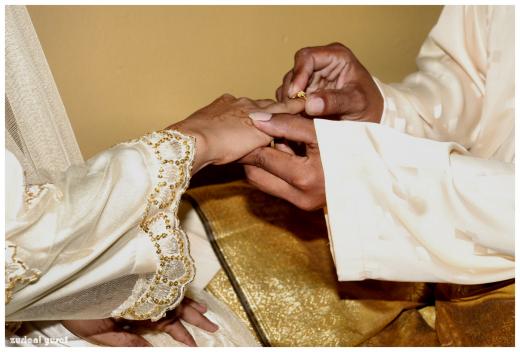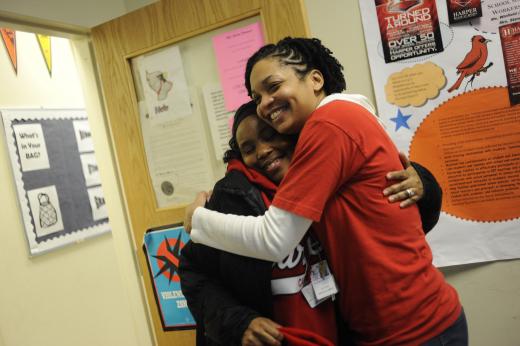In September 2001, we tried to sort out what the war in Afghanistan would be like, and what our lives would be like during this war.
-
Download Control-click (or right-click) Tap and hold to download
- Transcript

Act One
The Situation In The Field
For a few days after the attacks on September 11th, it seemed like we were just on the verge of bombing and retaliation. But two weeks went by, and no military action had begun. To help sort out exactly what we knew at this point about what the war would be like, Ira talks with NPR Pentagon correspondent Tom Gjelten. (5 minutes)
Act Two
Letters To Home
One way to understand what war will be like is to understand what past wars were like. Andrew Carroll recently started something called the Legacy Project, which collects letters Americans wrote home during wartime, from the Civil War up through the conflicts in the Persian Gulf and Bosnia. It's over 50,000 letters, a portion of which he assembled into a book titled War Letters. We also hear from Estelle Lynch, who received over 500 letters from her fiance Sid Diamond during World War II. (14 minutes)
Act Three
What Peacetime Forgets About Wartime
An excerpt from a story that writer Lee Sandlin wrote for the Chicago Reader about what it is that makes wartime different and about the particular psychology of being at war. It was a massive historical article, exhaustively researched. Sandlin was interested in World War II—in why it'd been forgotten—and in what exactly had been forgotten. Actor Matt Malloy reads. Sandlin's article appeared in the Chicago Reader in March 1997, in two parts. Contact them for more information on getting a copy. (13 minutes)
Act Four
Are You Ready?
Scott Carrier drove 2,000 miles across the country from his home in Salt Lake City to Chicago, talking with people about the coming war. If it's part of the American character to be profoundly skeptical, and another part to be boldly patriotic...Scott found both tendencies...often in the same person. (21 minutes)

